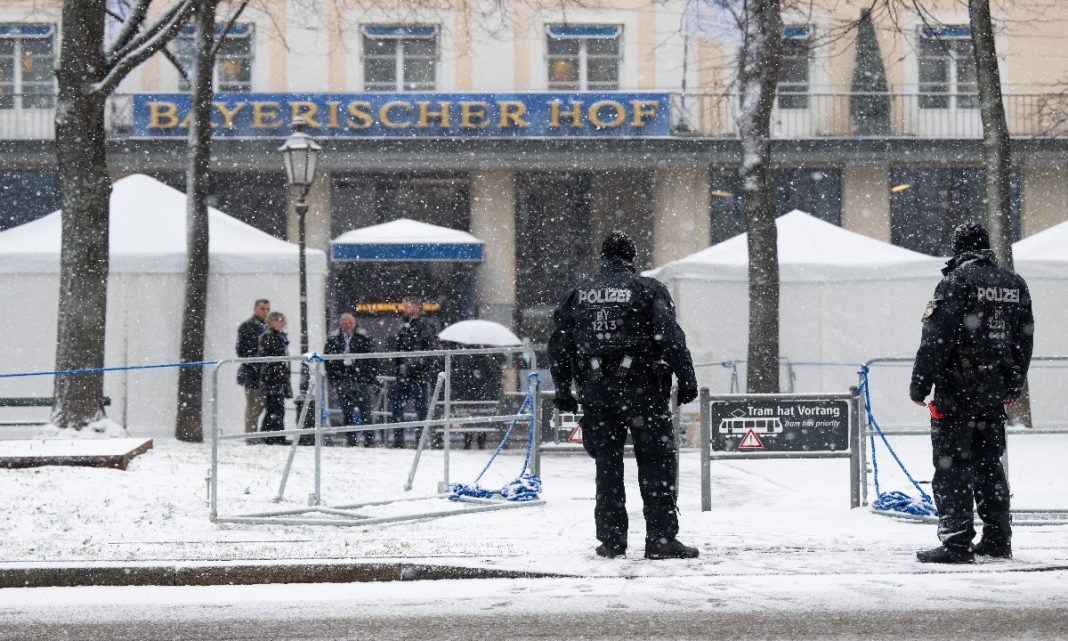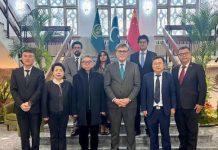BEIJING: Dubbed the “Davos of Defense,” the 61st Munich Security Conference (MSC) officially opened on Friday. Observers noted that across a broad spectrum of discussions, China’s role is attracting an ever-growing share of the interest.
The lobby of the Hotel Bayerischer Hof – the main venue of the three-day gathering – was transformed into a blur of suits and uniforms, as diplomats, politicians, military leaders, and experts come to engage in a “brainstorm” for global security challenges and potential solutions.
In the afternoon of the MSC’s first day, Chinese Foreign Minister Wang Yi, also a member of the Political Bureau of the Communist Party of China Central Committee, took the stage at the conference hall of the hotel and delivered a keynote speech on “China in the world.”
The world we live in is an increasing mix of turbulence and transformation. Many people are asking, where is it headed? China’s answer is, we should work for an equal and orderly multipolar world, Wang said in his speech.
Well over 50 heads of state and government, 150 ministers from around the world, and heads of leading international organizations will gather from Friday to Sunday, noted an MSC email to journalists on Thursday. “We expect more than 800 participants from more than 110 countries and our program for the coming days consists of more than 350 sessions covering a broad array of topics,” it reads.
The MSC unveiled its Munich Security Report 2025, titled “Multipolarization,” as a discussion starter for the conference.
The theme represents a significant, albeit reluctant, recognition by the collective West that the era of American unipolarity has come to an end, Warwick Powell, adjunct professor at Queensland University of Technology and former advisor to former Australian prime minister Kevin Rudd, told the Global Times.
Powell noted that the report openly acknowledges that power is now diffused among a greater number of actors, influencing key global issues in ways that unipolar decision-making cannot accommodate. The shift, while long predicted by some, has taken decades to be acknowledged within Western strategic thought, Powell said.
The question now is whether the West will fully embrace this new reality or continue to resist it through strategies of containment and competition, Powell added.
What has been more widely noticed by the observer than the theme multipolarization itself is a sense of anxiety brought by the new US administration in the Western world.
“We were being ripped off by European nations both on trade and on NATO. […] If you don’t pay, we’re not going to protect you,” read a quote by US President Donald Trump in the report.
The report articulated that “the post-Cold War consensus that the US remained the unrivaled leader of the world, with deep interests in, and responsibility for, maintaining the international order, was already under pressure before the US elections,” adding that the arrival of the new US government “buried it”.
The new US administration, only a little over a month into office, has rolled out a series of protectionist measures, while showing no leniency even toward its allies, observers said. –The Daily Mail-Global Times news exchange item






